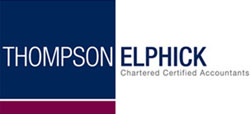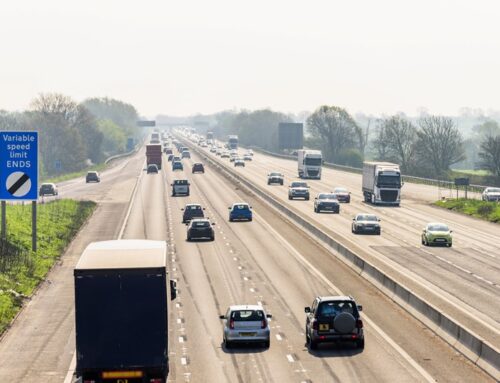How do HMRC define “wholly and exclusively” for tax purposes
Not sure if a business cost is deductible? HMRC’s ‘wholly and exclusively’ rule is the key test.
When deciding whether an expense is deductible or not it is important to bear in mind that the expenditure must be incurred wholly and exclusively for the purposes of your trade or employment. This is a difficult starting point as there is often a fine line to thread between deciding whether an expense meets this ‘wholly and exclusively’ rule.
In general, HMRC takes a slightly more relaxed view that a strict reading of the legislation would suggest. HMRC’s own internal manuals offers advice to HMRC inspectors to exercise care when applying the ‘wholly and exclusively’ test. The advice states that where there is an incidental benefit that does not, of itself, mean that the expenditure is disallowed.
The following example helps clarify this point. A self-employed consulting engineer may travel to exotic locations to advise on projects. The travel and the exotic locations may be benefits but where there was no private purpose they are incidental to the carrying on of the profession and the cost is allowable.
It is also possible to apportion part of an expense where necessary. For example, when considering the running costs of a car used partly for the purposes of the trade and partly for other purposes. HMRC’s position is that the costs associated with the business use of the car would be deductible.










